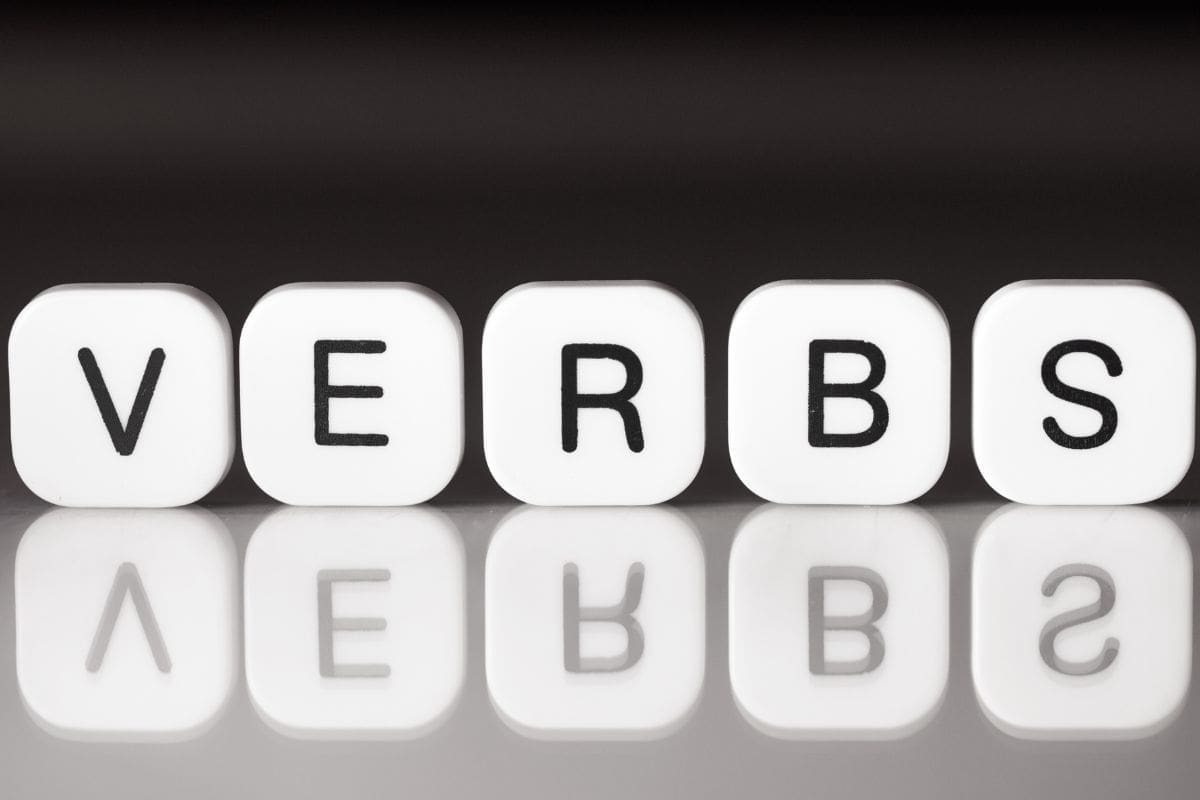What Is The Best Way To Use Peeked, Peaked, And Piqued? Are You Curious?
You’ve probably heard people talk about being “piqued,” “peaked,” and “peeked.” These expressions mean something similar. They describe how someone feels about something.

For example, you might say, “I’m really excited about the upcoming event!” or “I’m interested in learning more about the topic.” In those cases, the person isn’t feeling one way or another—they’re just expressing excitement or curiosity.
But what happens when you want to express the opposite emotion? What if you feel like something is boring or uninteresting? How do you convey that without sounding rude? Here are some ways to avoid homonym confusion:
- Use a synonym. Instead of saying “Peak,” try “top.” Instead of “Peek,” try “look.”
- Avoid using a verb form that sounds too much like the original verb. If you’re talking about being curious, don’t write “I’m peeking into the matter.” Write instead, “I’m looking into the matter.”
- Look up the words you’re unsure of. A dictionary is always handy.
- Make sure you know the difference between the three words. Once you know the differences, you’ll never confuse them again.
- Don’t forget to proofread. Grammar mistakes are easy to make, especially when you’re tired or distracted.
What Does Piqued Mean?
You might use “piqued,” especially if you’re talking about food, to describe how much someone likes something. For example: Maybe you’re describing a mood, like “He’s been piquing since he got here.”
But sometimes, you’ll hear people talk about being “piqued.” And while most dictionaries list the second definition of “pique,” some don’t even mention the first. So what exactly does “piqué” mean? Here are three things to know about this word:
- Piqué means “irritated, annoyed, or angry.”
- Piqué is French.
- Piqué is used mainly in English.
“Piqued,” according to definitions out there, means “to excite or stimulate.” As in, “I’m really interested in learning about this topic; I think it’ll pique my curiosity.”
But here’s the thing: There’s another way to use the verb form of “pique”: “To upset, irritate, and/or anger someone.” So, while we’re talking about excitement, let’s talk about annoyance, too.
According to official definitions, “pique” can also mean “to upset, irritate or anger someone.” So, if you’ve ever been annoyed by someone else’s behavior, you know exactly how this works.
You might feel like you’re being irritated by some annoying person’s actions, or maybe you’ve got a friend who’s always getting into fights with people.
If you find yourself saying things like “He really pissed me off today,” or “She really gets under my skin sometimes,” you might be using “pique” correctly.
What Is The Origin Of Piqued?
The word “pique,” meaning “prick” or “sting,” came into English during the Renaissance period. But what does it mean today? What do we use it for? How did it come about?
The word “pique,” meaning “prick,” came into English around 1400. At that time, the word referred to something sharp and pointed, such as a needle or dagger. But over time, the word took on a different connotation.
By the late 1600s, the word had begun referring to a sudden, strong emotion. This change occurred during the reign of Queen Anne, who ruled England from 1702 to 1714. During her rule, she became known for being very strict and demanding.
She demanded obedience from everyone, including herself. One day, while walking through the palace gardens, she noticed some flowers growing in a bed of dirt. They were obviously neglected, and she asked someone to take care of them.
When he did, she suddenly felt angry. She later told people about what happened, saying, “I was surprised to see those poor little plants; I found myself quite irritated.”
From that moment forward, she began using the term “irritated” to describe how she felt whenever she saw something unpleasant. In fact, the word irritate entered the Oxford English Dictionary in 1785.
Why Exactly Would It Be Correct To Use Piques My Interest?
There are a lot of confusing terms in English, and the term piqued is a bizarre one. Its etymology dates back to the early 1600s, but even today, there are multiple variations of the word’s usage. Some people think that the word piqué is used, while others believe that the word piqued applies.
Both of those usages are incorrect. Piqué is the correct spelling, but the word piqued seems to be gaining popularity lately. Why is piqued my particular interest, correct? Let’s take a look at some examples of how both piqué and piqued are being used.
The word’s origin is from French, where the verb piquer means “to prick or irritate.” This meaning is still applicable to the word piqué, but now one is referring to the noun and the other is referring to the verb.
When you use pique in a sentence, it has the meaning of “a feeling or sense of annoyance or dissatisfaction resulting from an insult that hurts one’s pride.” For example, “He left in a fit of anger.”
When you use piqué as a noun, it refers to a person or thing that causes someone else to feel annoyed or irritated. In other words, it has the same meaning as the verb.
Verbs With Specific Interest And Curiosity

You can also use expressions with another verb that have a similar meaning to piqued my interest, these are some examples:
- Aroused my curiosity.
- Awakened my interest.
- Brought me into action.
- Caught my attention.
- Drew my attention.
- Fascinated me.
- Inspired me.
- Piqued my interest.
- Roused my curiosity.
- Stimulated my interest.
- Stirred up my interest.
- Took my breath away.
- Woke me up.
Synonyms For Piqued
The Macmillan Thesauruses are one of the most useful reference tools around. They provide lists of words you can use to describe what you mean. Here are some examples.
- To make someone feel excited, enthused, or inspired.
- To make someone want to learn more about something.
- To make someone interested in learning more.
- To make someone curious.
- To make someone think.
- To make someone wonder.
Check Your Use Always
English homonyms are common errors that writers make. They are words that sound alike but mean different things. For example, “I’m fine,” “He’s fine,” and “She’s fine.” These three phrases mean very different things.
In fact, there are many kinds of homonyms. Here are some examples:
- Homophone – A word that sounds like another word but doesn’t mean exactly what it says.
- Heteronym – Two words that look similar but aren’t spelled the same way.
- Syllable rhyme – Similar sounding syllables that are spelled differently.
- Alliteration – Words that begin with the same letter but don’t sound alike.
- Onomatopoeia – Words that imitate natural sounds.
Why Are Peeked And Peaked Not Correct?
Peeked is used incorrectly far too frequently. When you use peeking, you’re saying that something happened without being seen. For example, “I peeped into the window.” If you want to say that someone looked into a window, you’d say “peeked,” not “peaked.”
The same goes for peaked. You don’t peak anything; you peak something. To peak something means to climb to the highest point. For example, “He climbed Mount Everest.” But you wouldn’t say, “he peaked Mount Everest.” Instead, you’d say he climbed to the summit.
When Would You Use Peaked?
The word peak derives from the Old English pæcen meaning ‘to reach a high place’. This is related to the Latin prefix prae-, which means ‘before’, ‘in front of, or ‘on top of’.
So we have a word that originally meant ‘to come up before’ or ‘to go up before, or something else. In modern usage, it still retains those meanings, especially in the phrase ‘peak performance. But it has taken on another sense too, one that relates to mountains.
In the context of mountains, a peak refers to the highest point reached during a climb. If you’re climbing a mountain, you’ve reached the peak. You haven’t climbed much further; there are no peaks beyond that.
So, in terms of language, what does it mean to reach the peak? Well, think of the mountain again. We usually associate mountains with height, but they aren’t limited to heights. They can be tall, short, wide, thin, steep, flat, rocky, smooth, icy, etcetera.
There’s actually nothing special about being tall. A mountain could be very tall indeed, but if it isn’t, it doesn’t matter. What matters is how far up it goes.
As a noun, it is “a high point; a maximum value attained.” This doesn’t necessarily mean a literal peak, like Mount Everest, though it does often refer to one. You might say, for example, “She hit her career peak at age 25.” Or, “He peaked at age 30.”
As a verb, peak (passive) means “to reach the highest level of activity, development, etc.” For example, “The artist has been peaking since his early 20s.” And as a transitive verb, peak (active) means “To rise to the highest level of activity or popularity.” For instance, “The artist peaked during the 1980s.“
In recent times, however, we’ve begun to use peak as a noun for a certain kind of the point of saturation — a point where there are just too many choices to choose among. For example, “With so many great shows to choose from, I can barely keep up.”
Peak TV refers to the point where a show reaches the height of its popularity, usually around the midpoint of its run. This term became popular around 2012 when networks began canceling some of their most successful shows.
For example, NBC canceled Community, ABC canceled Lost, and Fox canceled Arrested Development. At the same time, however, other shows like Glee and Modern Family continued to thrive.
Peak TV is now being used to describe the current state of television, especially since so many shows are getting renewed for the next season.
When Would You use Peeked?
The word peeked is one of those words that we sometimes don’t know how it’s pronounced. We’ve always assumed that it’s “peaked,” like the peak of a mountain. But peeking is actually pronounced differently.
So what does it mean?
We’re glad you asked. To us, peeked is used whenever someone looks through something, whether it’s a window, a door, or a computer screen.
For instance, we often see people looking into their phones while walking down the street. Or maybe they’re checking email on their way home from work. In either case, they are peeking.
The earliest known use of peek meaning “to look stealthily or surreptitiously,” occurred in 1604. This sense of peek derives from the verb peck, meaning “to look hastily.”
In 1730, the noun form peekaboo entered English. Its exact origin is uncertain; some claim it originated in France, and others say it came from India.
How Can We Remember Which To Use?
Learning the subtleties of wordplay can seem like a daunting task. But there are some tricks to remembering how to apply each type of wordplay.
Learning the nuances in meaning isn’t easy. But there are some tricks you can use to make it easier. For example, one way to remember whether to use a long vowel sound like Ee or Ii in a word is to think about the letter Q in pique.
Pique is French for “to excite.” When you combine piqued with Q, you get piqué — pronounced “poy-kay.” So, if you want to know how to pronounce peek, just think about the Q in pique, and you’ll be able to remember the pronunciation.
Another way to remember which homophones to use is to focus on the sound itself. In many cases, the distinction between two sounds is very subtle. For example, both ee and ii are pronounced as /ɪ/, but the former is short while the latter is long.
Final Thoughts
If you want to know how to write correctly, then you need to be aware of these two words. It’s important to understand their meanings, so you can avoid making mistakes.
And once you have an understanding of them, you’ll be able to use them correctly in your writing.
- About the Author
- Latest Posts
Stuart Conover is a father, husband, published author, blogger, geek, entrepreneur, horror fanatic, and runs a few websites including Horror Tree!












